Good cat owners know that one of the best ways to keep our feline friends as healthy as possible is to provide good nutrition.
However, many cat owners are not aware of what foods their cats can and cannot eat, besides their normal cat food. So, can vegetables have a role in your cat’s diet? Read on to find out if cats can eat vegetables and if they’re a healthy choice for your cat.
Can Cats Eat Vegetables?
The simple answer to this is yes, although there are cautions with some vegetables.
It is perfectly fine to supplement your cat’s diet with some veggies, such as cooked carrot or broccoli, but avoid giving your cat certain vegetables such as onions or garlic, as these are toxic and can cause serious health problems.
Remember that cats should never be fed an all-vegetable diet and should always receive much of their nutrition from a meat-based diet.
As obligate carnivores, the protein cats get from meat is the only type of protein that will fulfill their nutritional needs. A meat-based diet is the best option to keep your cat at their best. Always check with your veterinarian before introducing new food to your cat’s diet.
Safe Vegetables For Cats
1. Broccoli
Not only is broccoli tasty, but it is also safe for your cat to eat. It is extremely easy to prepare and contains lots of antioxidants. Broccoli is also a good source of roughage, which will help your cat with better bowel movements and a healthy digestive system.
2. Carrots
Similarly, carrots are a good source of vitamins and minerals. Carrots are a great source of vitamin A, which is an essential vitamin for your cat to remain in good health. Carrots make a great snack, but these should be given in moderation. Carrots are not ideal for cats with a history of calcium oxalate bladder stones or crystals in their urine since they contain a moderate amount of oxalates.
Carrots can be given cooked or raw, but ideally should be cooked first to avoid becoming a choking hazard for your cat.
Also Read: Can Cats Eat Carrots?
3. Green beans
Many other green vegetables are perfectly safe for your cat to eat and can play an important role in a healthy diet, including peas and green beans.
Fresh or frozen green beans (when cooked) can have many health benefits. If you are opting for canned green beans, make sure they are low in sodium, as too much of this can be bad for your cat.
Green beans may be the most beneficial of all because they serve as a source of fibre and can help in your cat’s digestive system and weight loss control. Similar to carrots, green beans contain a moderate amount of oxalates, so limit feeding in cats with a history of bladder problems.
4. Spinach
In addition to providing vitamins and minerals, spinach can have an anti-inflammatory effect in felines. However, it is especially important that spinach is only given in low amounts, as it contains calcium oxalate. In small doses this is harmless, but in larger quantities it can contribute to serious urinary tract issues in your cat.
5. Apples
The simple answer is yes, cats can eat apples. Apples are a safe human food for cats to eat, although many cats will not like the taste. Some sources will claim that, because cats are ‘obligate carnivores’, they cannot digest apples.
This is not true. ‘Obligate carnivore’ simply means that cats need to eat meat to survive, as they can’t get all the nutrition they need from plant sources. Cats are still able to digest apples and other plant-based foods.
Apples should not be given to cats with diabetes, as they are high in sugar and can cause them to become destabilized. Apples should be given very cautiously to cats with IBD, sensitivity, and chronic gastroenteritis, as these cats are more prone to getting side effects from eating anything out of the norm. The amount and combination of types of fiber in apples can be hard to digest, causing excess gas, an upset stomach, and diarrhea.
Are There Any Negatives To Feeding Cats Vegetables?
There are some downsides to feeding your cat vegetables. Most of these revolve around feeding too much vegetable matter or the wrong vegetables.
Cats are obligate carnivores, so they lack the digestive enzymes that are needed to break down certain types of vegetable fiber, so too many vegetables could cause your cat digestive upset.
While vegetables do contain fiber, which is beneficial for the digestive system, vegetables also contain carbohydrates. Extra calories from carbohydrates can lead to feline obesity, a growing problem in cats. Therefore, while cats can safely eat vegetables, it is important that they are only given to them in small amounts.
While it is generally considered safe to feed your cat most vegetables – if they are perfectly cooked and prepared – some vegetables do need to be avoided because they are hazardous to cats, or because cats have difficulty digesting them.
Some of the vegetables to stay away from include:
Vegetables To Avoid
1. Onions, Chives, and Garlic
Members of the Allium genus like onions, chives, garlic, and leeks are toxic because they have a variety of sulfur-containing oxidants that cats have trouble breaking down. These compounds cause damage to red blood cells, causing the cat’s body to destroy them, which can lead to anemia.
These vegetables are toxic in all forms (from raw to cooked, and even in powdered form). Ingestion of any amount will cause some damage to red blood cells, but illness occurs when the amount of damaged red blood cells is greater than the body’s ability to produce more.
The amount that causes a toxicity varies based on the concentration of those oxidant agents, but garlic is the most potent of the group. Symptoms of this toxicity include vomiting, diarrhea, fatigue, labored breathing, pale or yellow gums, and red to brown-colored urine..
2. Tomatoes
Ripe tomatoes, on their own, are not dangerous for cats to eat. However, tomato leaves, stems, and other parts of the tomato plant are toxic, and a tomato which is not yet ripe can cause gastrointestinal problems.
3. Avocados
Avocados are a healthy and on-trend snack for us, but for cats they can cause problems. Avocados have a fat content which is just too high for cats. The seeds can also pose a choking or intestinal obstruction hazard
Read More: Pancreatitis in Cats: Causes, Symptoms, & Treatment
Benefits Of Vegetables For Cats
Though they’re not an essential part of the feline diet, vegetables do have some nutritional benefits for cats.
Remember, vegetables are not an essential part of your cat’s diet, and although cats cannot eat vegetables alone, they can provide nutritional health benefits.
In general, cats can eat most vegetables. They may appreciate some mixed in with their normal diet for variety. As a general rule of thumb, make sure that treats and supplements make up no more than 10% of your cat’s calorie intake. Vegetables contain nutrients such as magnesium, potassium, fiber, vitamins, and antioxidants, which can be beneficial in helping to boost your cat’s immune system and aid in digestion.
Vegetables can serve as a low-calorie alternative to normal cat treats, but as with all dietary plans, you should first consult your veterinarian about your cat’s specific needs.
You will find many different vegetables on the market, but be sure to only offer your cat veggies which are safe and beneficial.
Conclusion
In general, most vegetables are considered safe but should only be given as an occasional treat and should not make up the core of a cat’s diet.
Always consult your veterinarian and do research into what vegetables are suitable. If vegetables do cause an upset for your cat or your cat seems unwell after eating vegetables, then you should seek advice from your veterinarian.
Frequently Asked Questions
How much vegetable can I give my cat?
If you want to give your cat some vegetables, then bake or steam and cut them into small pieces. Offer the vegetables alone or puree them and mix them into your cat’s regular food.
At least 90 percent of your cat’s recommended daily calorie intake should be through high-quality cat food, with no more than 10 percent coming from treats, but these treats could include vegetables.
Are vegetables good for cats?
Cats do not actually require vegetables in their diet, but they are able to safely eat many of them. In small doses, vegetables can be of value to your cat, but they should not form a major part of their diet. To ensure your cat is getting all the nutrients they need, you should invest in a good quality cat food.
Can cats eat vegetables every day?
You do not need to provide your cat with vegetables every day; cats may appreciate them most when they are given a few times a week as a treat.
Even though vegetables are considered extremely healthy for us, exceeding the 10 percent mark of your cat’s daily calorie intake will mean you risk problems with too many carbohydrates, which could lead to obesity.
Can I give my cat too much vegetable?
Any food has the potential to make your cat unwell if eaten to excess, so it is best to limit vegetables to an occasional treat.
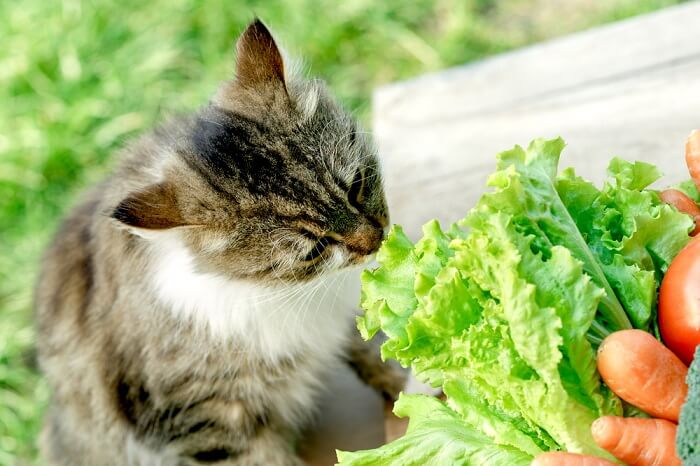
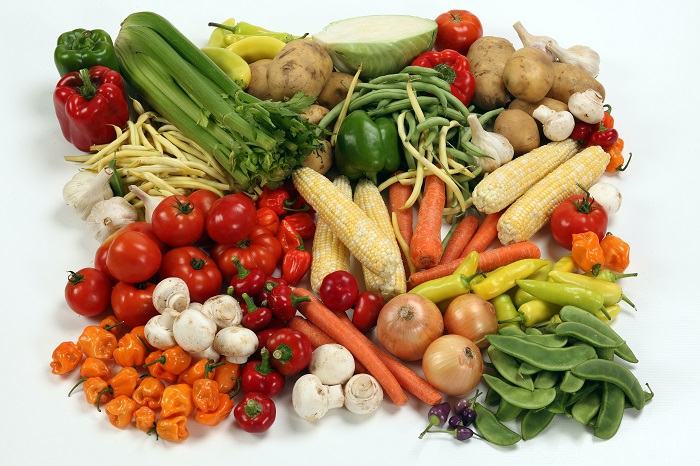
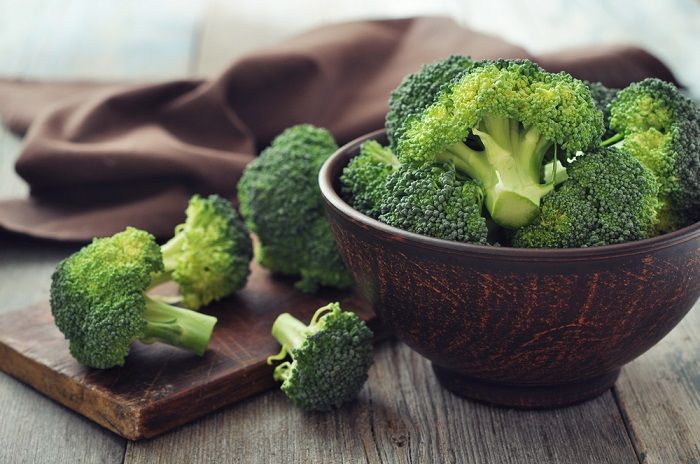
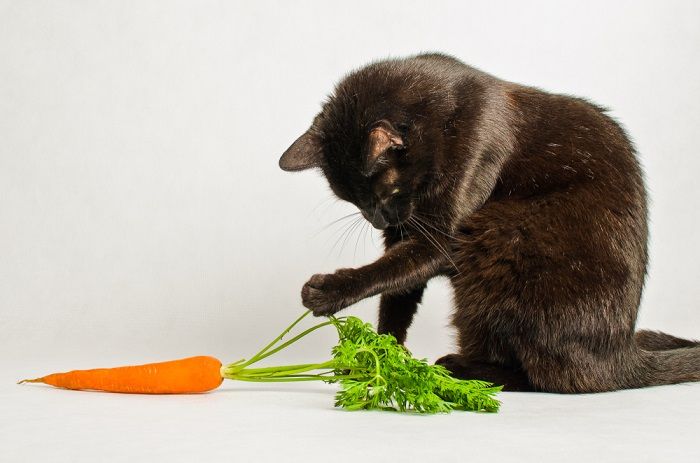
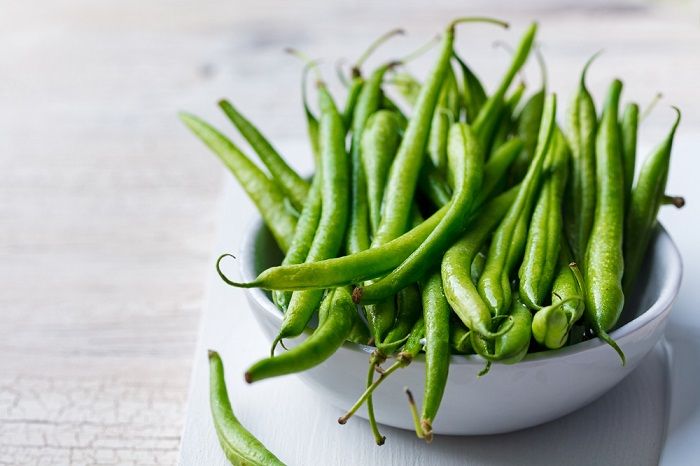
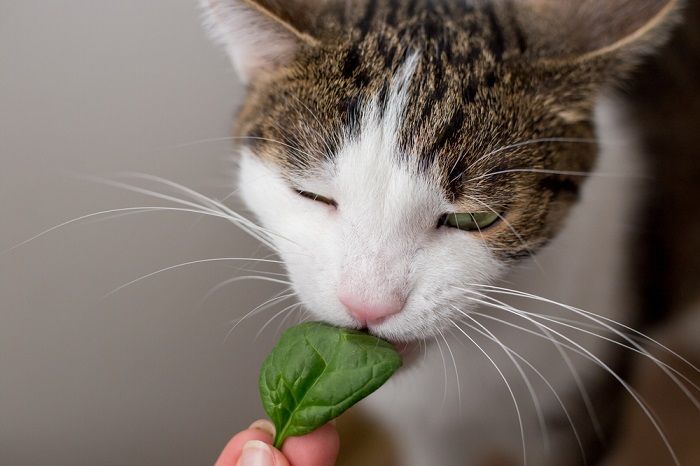
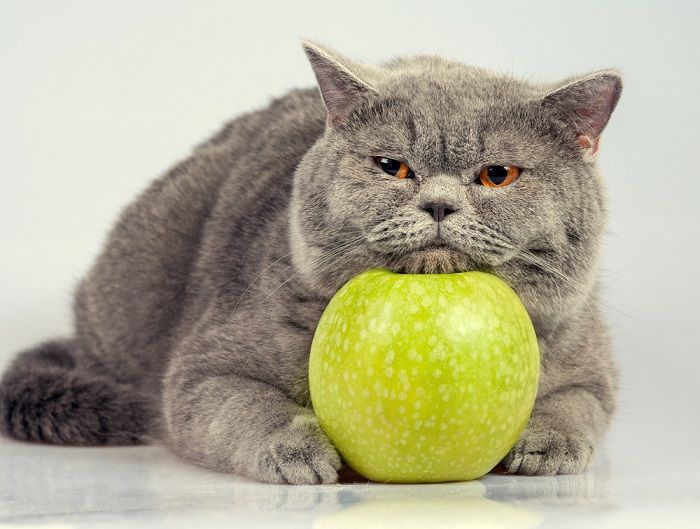
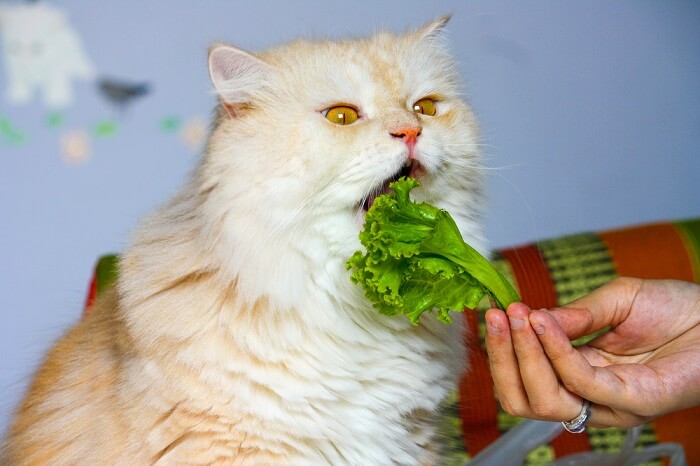
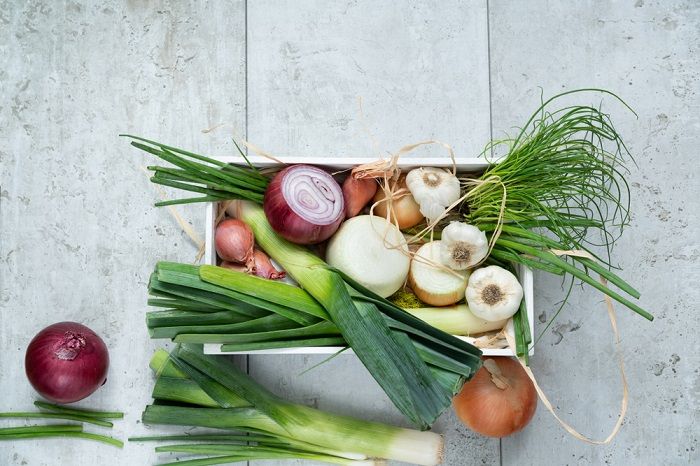
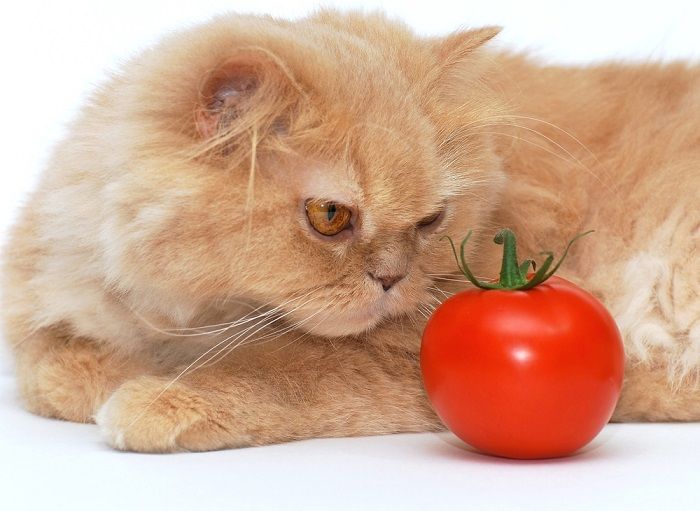
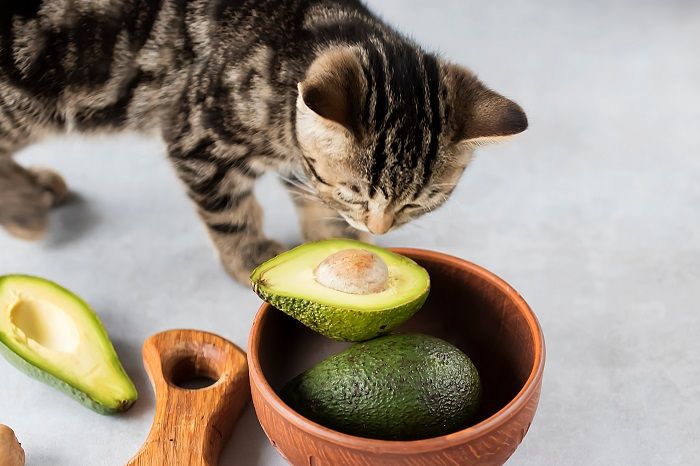
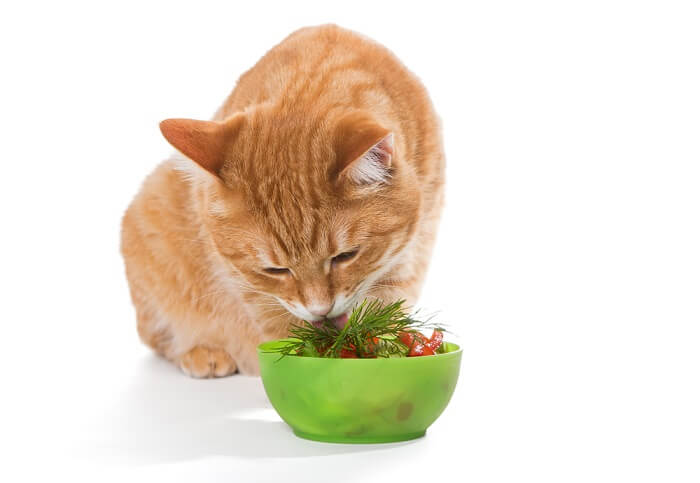
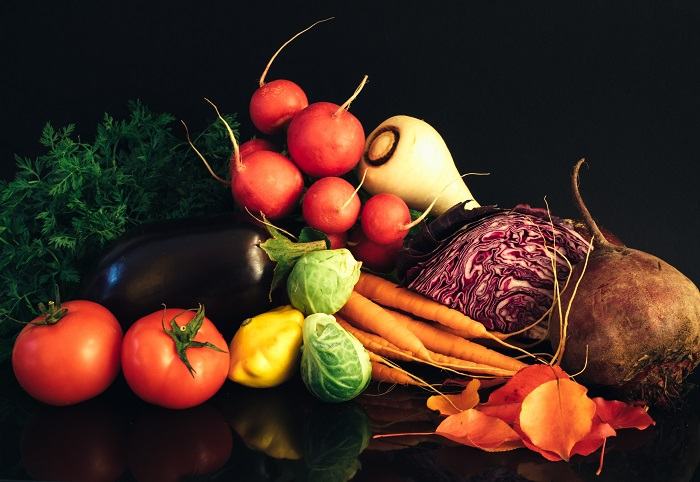
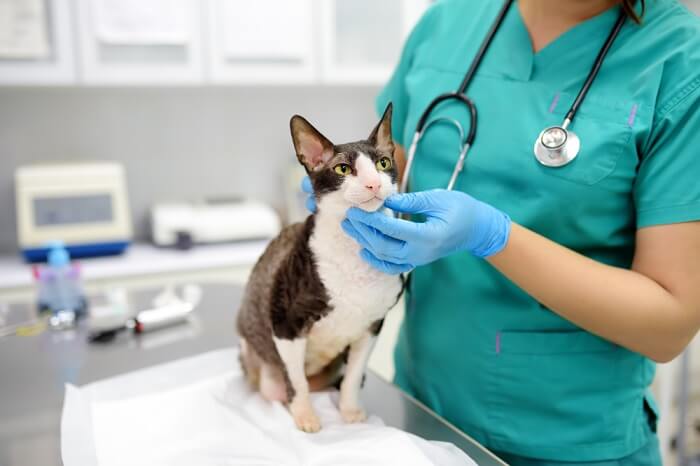

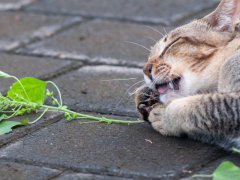

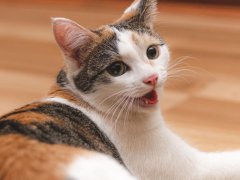
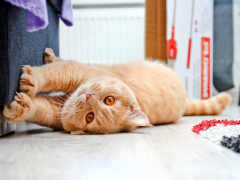
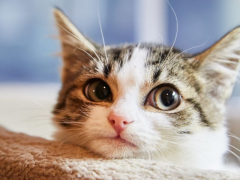

Really appreciate the info I like of what types of human foods I can give my cat without harm.
Glad you found it helpful, Leah.
How much spinach is too much for a cat? I give my cat four or five leaves of fresh organic spinach in a week, but I know she wants more.